Last month, the LANDTHINK Pulse posed the following question to our audience: When buying rural land, how important is it that your property be located near public land?
January Pulse Sponsored by
Our informal online survey revealed that 38.1 % of our audience feel that buying rural land located near public land is SOMEWHAT IMPORTANT, and 28.7% said it was VERY IMPORTANT. What exactly is public land? Before we delve into the pluses and minuses of buying property near public lands, it’s important to understand what they are and how they work. In the U.S., public lands are owned by the people and managed on our behalf by federal and state governments. Most public lands are dedicated as state forests, parks, recreation areas, water access sites and wildlife areas. The federal government owns a whopping 640 million acres of land, that’s nearly 30 percent of the United States- most of which is found in the West. Another important class of publicly owned lands that are often overlooked is state-owned lands. State governments own and manage about 199 million acres, or about 9 percent of the U.S. land area. That’s about one-third as much land as the federal government manages.
The land owned by the federal government is managed by five separate agencies. Here’s a breakdown of the percentages each agency oversees, provided by information obtained in the Congressional Research Service Report:
- Bureau of Land Management (BLM) manages 244.4 million acres
- Forest Service (FS) manages 192.9 million acres
- Fish and Wildlife Service (FWS) manages 89.2 million acres
- National Park Service (NPS) manages 79.9 million acres
- Department of Defense (DOD) administers 8.8 million acres, used for military training and testing
Based on the results of last month’s question, most buyers desire rural land that is next door or in close proximity to public land. Buying property adjacent to public land offers a landowner a plethora of benefits. At the same time, it is important for property owners to understand what it means to live next door to public lands. Along with the many benefits of becoming a neighbor to public lands, also come responsibilities (like right-of-way access, permits and wildlife prevention) as well as some inherent disadvantages.
Advantages
- It expands your backyard. Landowners can enjoy the beauty of the forest, the abundance of wildlife, the opportunity for spectacular scenery, and a sense of solitude.
- You can almost guarantee it will be protected from development. Publicly owned land rarely changes hands, which means it will remain undeveloped and won’t be parceled off or logged. This is not only a good thing from the standpoint of your personal use and enjoyment of your rural land, but it’s also typically a boost to property value.
- Depending on what recreational uses the adjoining public land allows, you can effectively enlarge your outdoor playground. There are acres of land extending beyond your property line to hike, fish, camp, go snowmobiling, canoeing, and more.
- It expands your hunting range without paying extra and usually means access to an abundant, managed wildlife population. Hunters can choose to camp on their own property and then hunt on nearby public lands.
- There will be more wildlife since there are so many depopulated acres for the wildlife to grow and prosper. It can provide your property with greater habitat connectivity and proximity to higher numbers and a more diverse population.
Disadvantages
- High traffic, by both the park guests and employees. Campers, hikers, hunters, etc, may trespass your land, whether simply out of ignorance or just because they believe there will be little consequence to their action. Taking the time to post “private property” signs and monitoring you land regularly can help curtail that issue.
- If hunting is prohibited on the public land, wildlife may take shelter there during hunting season. This could impact hunting success on your own land.
- If a property dispute should ever arise, a landowner would be up against a bevy of real estate lawyers and cash.
- There is a slight risk of future condemnation or eminent domain. A landowner could be forcibly removed if the government decides to expand the national forest.
- Game wardens and other government agents may wander onto your land more frequently, or at least look into your land, since they are already wandering the national forest land.
- In times of civil unrest, private land owners function as a buffer to marauders; everyone has an interest in defending their own land. Federal land provides no such defense.
Buying land for sale is a big decision, and every buyer needs to take all the necessary steps to ensure they are armed with all the information they need when making a purchase decision. PotlatchDeltic recommends taking it slow and hiring a recreational land agent. Land agents know all the ins and outs of rural land and are an excellent resource for buyers. They can help you find out whether or not there are public lands near the property you are interested in purchasing and help you evaluate all the special considerations that have to be taken into account.
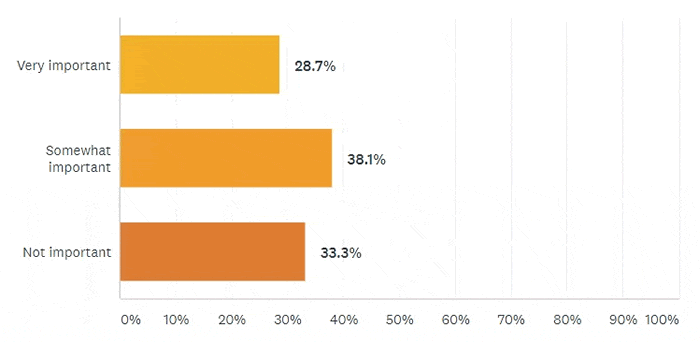
It was the general consensus of the LANDTHINK audience that owning land adjoining a national forest, park or wildlife refuge is highly desirable. The results were all over the board, but the largest percentage (38.1%) indicated that is is SOMEWHAT IMPORTANT that the rural land they are buying be close or adjacent to public land, followed very closely by 33.3% who indicated that a property’s proximity to public land is NOT IMPORTANT. A strong 28.7% of our audience said it was VERY IMPORTANT to buy property located near public land.
LANDTHINK would like to thank PotlatchDeltic for sponsoring the January Pulse and for coming up with an interesting question to pose to our audience. PotlatchDeltic is a leading Real Estate Investment Trust (REIT) that owns nearly 1.9 million acres of timberland in Alabama, Arkansas, Idaho, Minnesota, Louisiana and Mississippi. PotlatchDeltic, a leader in sustainable forest practices, is committed to providing superior returns to stockholders through long-term stewardship of its forest resources. The company also conducts a land sales and development business and operates wood products manufacturing facilities through its taxable REIT subsidiary.
Become a Pulse sponsor! It’s a great way to ensure your brokerage is the first one buyers and sellers call when they have a need to buy or sell property. You’ll get insane exposure on Social + Email + Web. That’s 500,000+ monthly eyes on you! Once you have it, you won’t want to give it up! Pulse sponsorships are offered on a first come first serve basis and are subject to certain limitations. If your business would be interested in sponsoring a Pulse question, please contact us soon.
Do you have a suggestion for next month’s Pulse question? Submit your question and we might choose yours!
We want to know what you think about our February Pulse question, chosen and sponsored by First South Farm Credit: What would you consider the greatest benefit of using a cooperative lending association to finance land? Answer now.
This content may not be used or reproduced in any manner whatsoever, in part or in whole, without written permission of LANDTHINK. Use of this content without permission is a violation of federal copyright law. The articles, posts, comments, opinions and information provided by LANDTHINK are for informational and research purposes only and DOES NOT substitute or coincide with the advice of an attorney, accountant, real estate broker or any other licensed real estate professional. LANDTHINK strongly advises visitors and readers to seek their own professional guidance and advice related to buying, investing in or selling real estate.

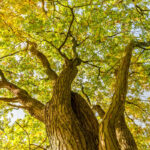

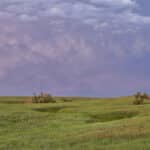
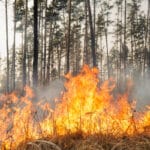

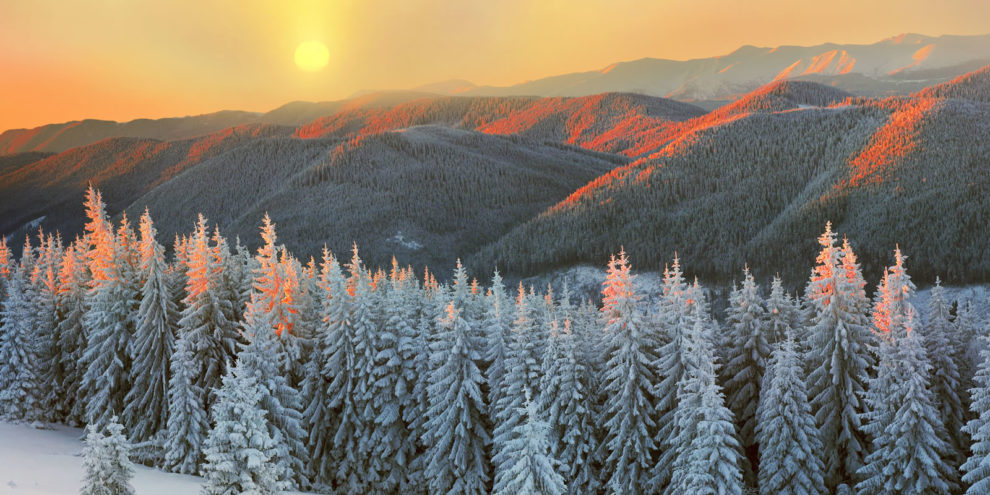

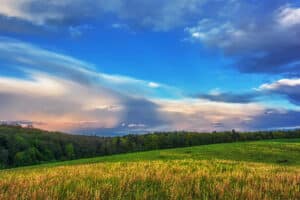

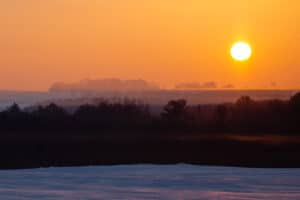
Add Comment